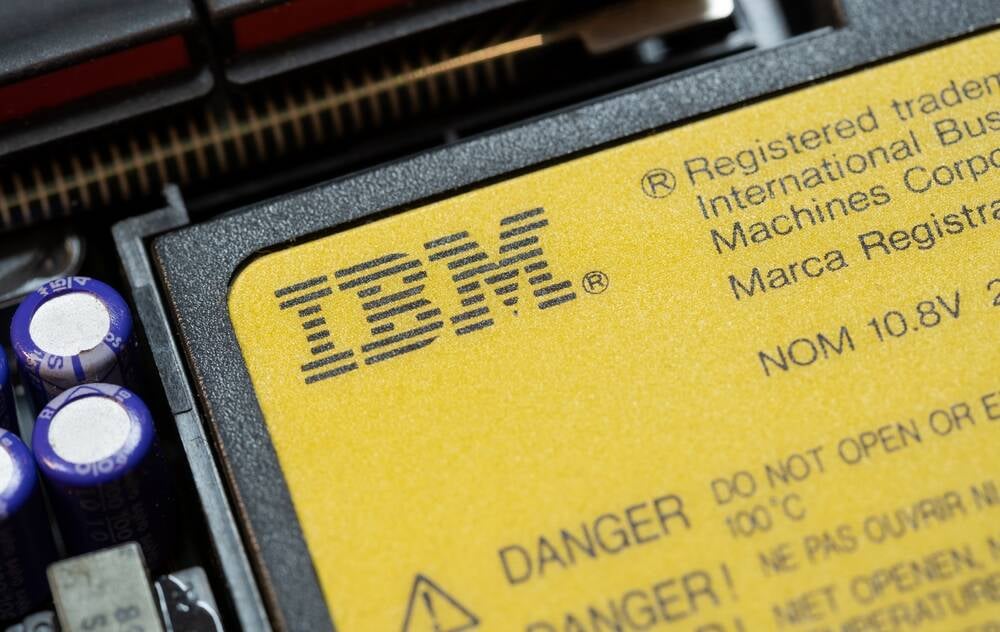Updated The UK’s pensions and benefits department has awarded IBM a contract that’s worth up to £27 million to explore, deploy and support AI technologies to enhance its services.
The irony isn’t lost on us either. A technology that is feared wipe part of the human workforce – if the hype is to be believed – is going to be used by a government department that helps get the jobless back to work.
Under a program the Department for Work and Pensions calls Nexus AI, IBM has been appointed as a strategic supplier to help with “the exploration, deployment, and ongoing support of Artificial Intelligence (AI) systems and services,” according to a procurement notice published earlier this week.
The kind of work the Whitehall department might ask Big Blue to do includes so called “tech spikes,” short term projects designed to explore potential solutions. Other buzzwords in the DWP lexicon of tech projects applicable to the deal include horizon scans and proofs of concept (PoCs).
IBM will be “working with colleagues to identify business problems, supply expertise to build beta minimum viable products and maintain and support products that have gone Live,” the notice said.
The initial value of the deal is £9 million for a year, although it has the potential to be extended by two periods of a year, each at another £9 million.
In an earlier prior information notice — which seeks to engage suppliers before competition starts — the DWP promised its approach to the “safe acceleration” of AI would be “value-led, responsible, secure and firmly human centered.”
“The supplier will consider sustainable, responsible, ethical, legal and commercial enablers and ensure that DWP continues with its overall strategy of keeping humans in the loop on any decision,” the department said.
The Register asked the DWP for more information about its planned projects with IBM.
However, the prospect of introducing machine learning algorithms and AI to activities involving benefits claimants, some of who might be vulnerable and face poverty, has attracted concern.
In July, campaign group Big Brother Watch warned millions of people across the UK were being profiled by biased algorithms every year by DWP.
It detailed the massive expansion of AI and algorithm supported decision-making at the heart of the benefits system, and said the government had not answered its questions about the digital welfare state.
Its study claimed that around one million people had been profiled by the Universal Credit Advances machine learning model last year, which is “riddled with algorithmic bias.”
New machine learning models in development by the DWP contain significant potential for discrimination, the report said.
Jake Hurfurt, head of research and investigations at Big Brother Watch and the report’s lead author, said at the time that the DWP’s ongoing rollout of high-tech algorithmic tools was alarming.
“This becomes even more concerning when the DWP is hiding behind a wall of secrecy and refuses to disclose key information that would allow affected individuals and the public to understand how automation is used to affect their lives, and the risks of bias and to privacy involved,” he said. ®
Updated to add at 1320:
The DWP said of its use of AI: “We want to use AI across the public sector to make people’s lives easier and build a smarter, more efficient state.”
It added: “As set out in the tender, our approach to AI adoption is value-led, responsible, secure, and firmly human-centred.”

